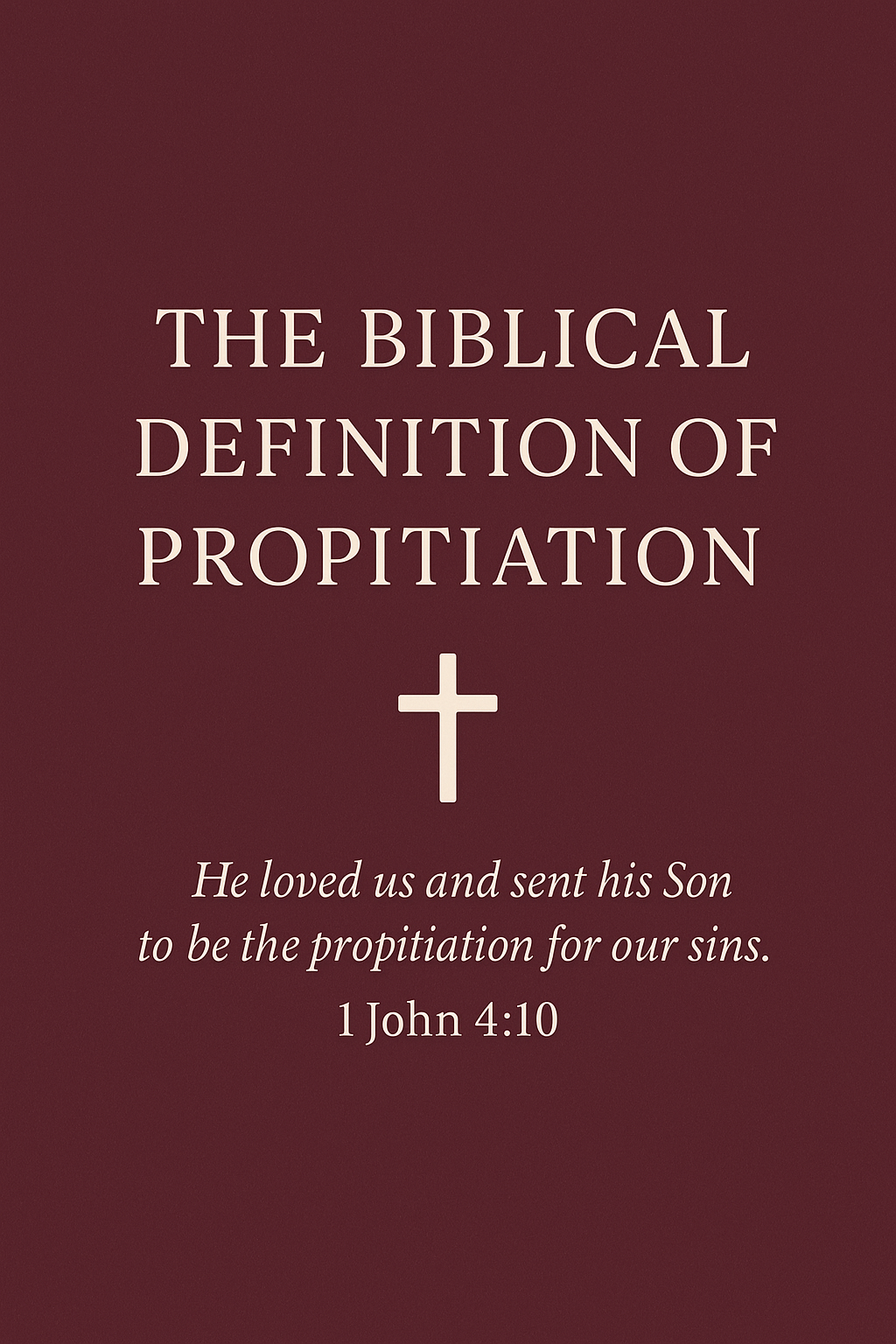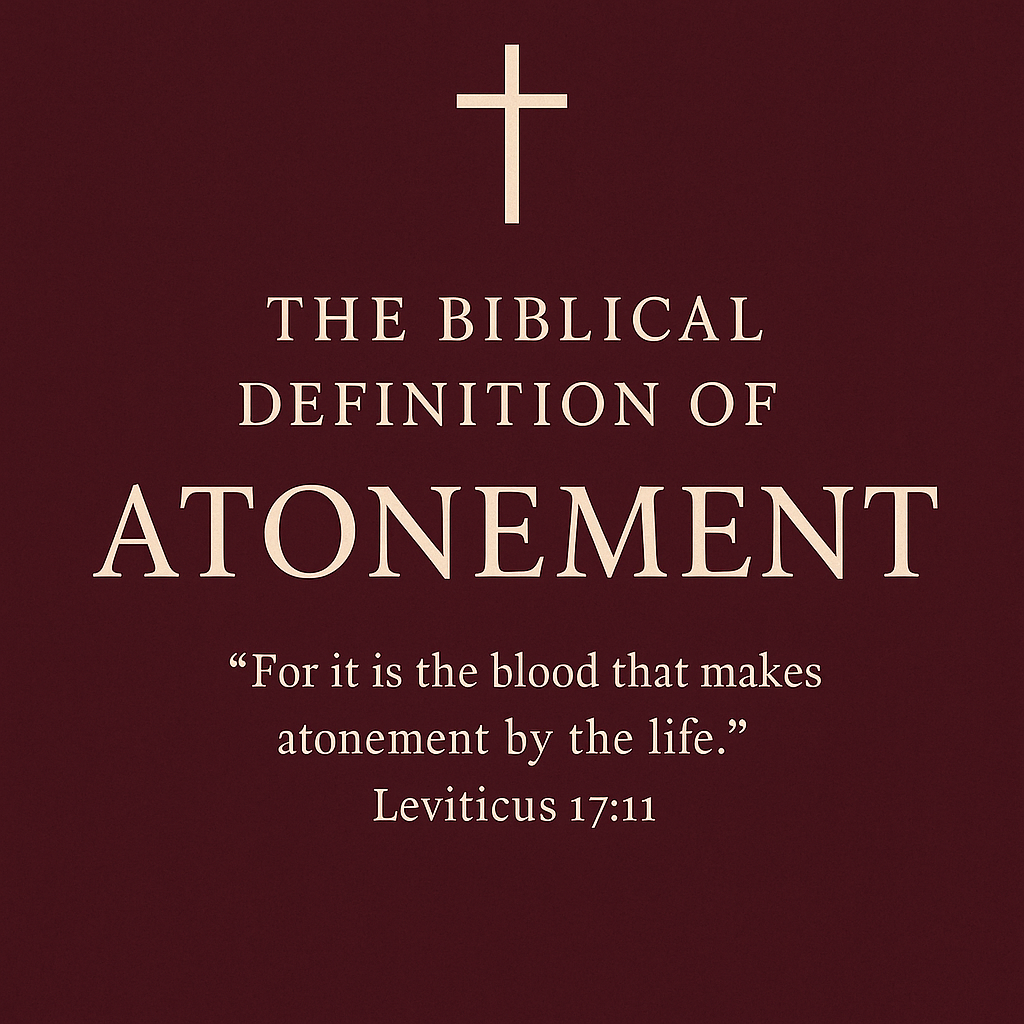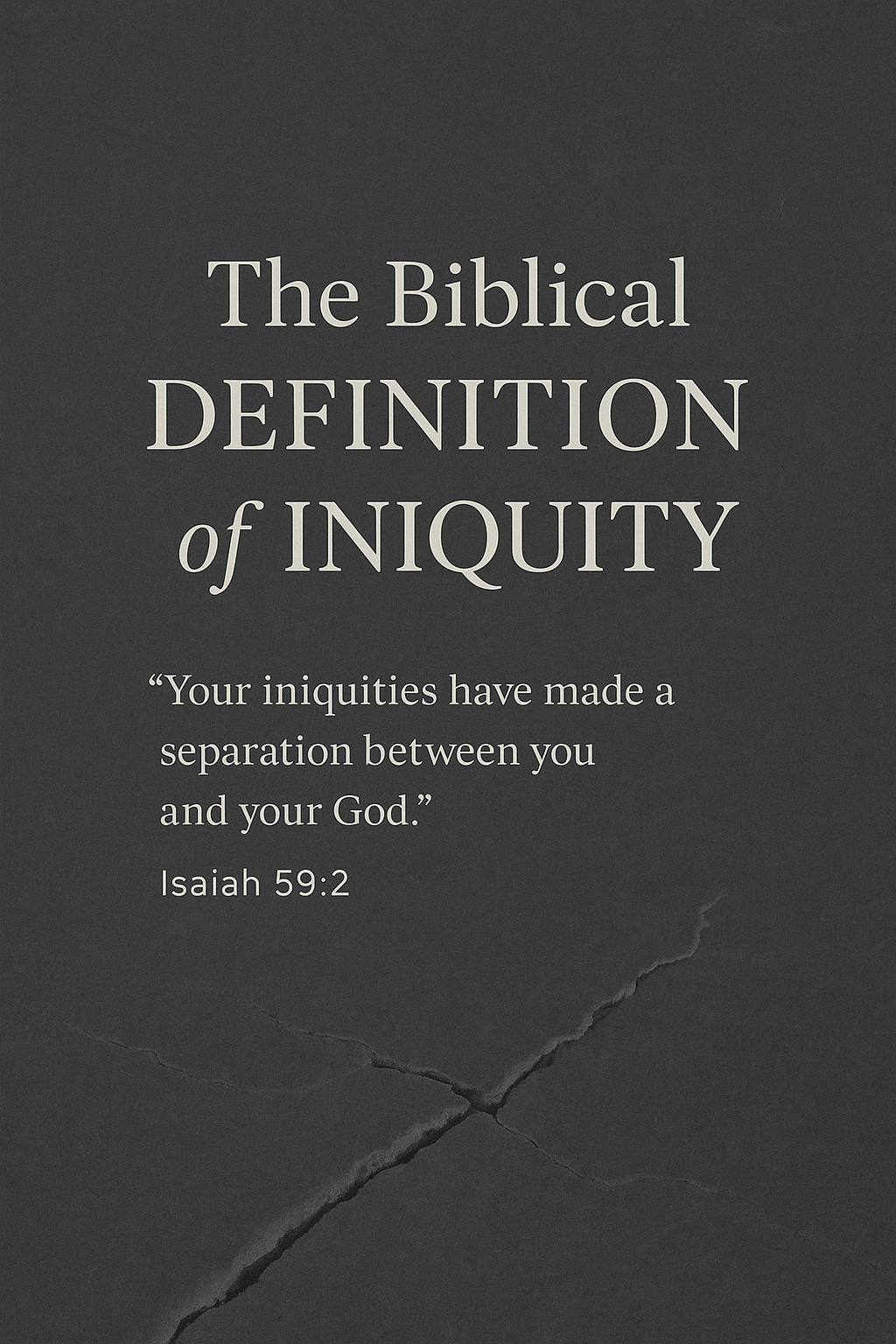Biblical Definition of Righteousness: What the Bible Really Teaches
The biblical definition of righteousness is a central theme woven throughout both the Old and New Testaments. Yet, many Christians find themselves confused about its true meaning. Is righteousness about moral behavior, legal standing, or something deeper? This article explores the biblical definition of righteousness, drawing on key passages and theological insights to help you understand its significance for your faith and daily life.
What Does “Righteousness” Mean in the Bible?
At its core, righteousness in the Bible refers to behavior that is morally justifiable or right—measured not by human standards, but by God’s own perfection. The Bible’s standard for righteousness is nothing less than God’s character itself: perfect in every attribute, attitude, behavior, and word15.
“The Bible’s standard of human righteousness is God’s own perfection in every attribute, every attitude, every behavior, and every word.”1
Hebrew and Greek Words for Righteousness
Hebrew: Tsedek (צֶדֶק) – justice, equity, straightness, integrity25.
Greek: Dikaiosyne (δικαιοσύνη) – justice, uprightness, conformity to God’s standard35.
These words appear hundreds of times in Scripture and always point to uprightness, justice, and living according to God’s will.
Righteousness in the Old Testament
God’s Righteousness
In the Old Testament, righteousness is first and foremost an attribute of God. He is always just, faithful, and true to His covenant promises.
Psalm 11:7: “For the LORD is righteous; He loves justice. The upright will see His face.”5
Isaiah 45:21: “There is no God apart from me, a righteous God and a Savior; there is none but me.”2
God’s righteousness is seen in His laws, judgments, and saving acts for His people. He is the ultimate standard for what is right.
Human Righteousness
For humans, righteousness means living in right relationship with God and others. This is often expressed through:
Obedience to God’s commands:
“If we are careful to obey all this law before YHWH our God, as he has commanded us, that will be our righteousness.” (Deuteronomy 6:25)7
Justice and mercy in relationships:
“He has shown you, O man, what is good; and what does the LORD require of you but to do justly, to love mercy, and to walk humbly with your God?” (Micah 6:8)
Yet, the Old Testament also teaches that no one is perfectly righteous by their own efforts:
Isaiah 64:6: “All our righteous acts are like filthy rags.”5
Righteousness in the New Testament
Jesus and the Higher Righteousness
Jesus redefines and deepens the concept of righteousness in the Sermon on the Mount:
Matthew 5:20:
“For I tell you that unless your righteousness surpasses that of the Pharisees and the teachers of the law, you will certainly not enter the kingdom of heaven.”2
Here, Jesus calls for a righteousness that is not merely external, but springs from the heart—a true inner righteousness based on faith and obedience to God’s will2.
The Gift of Righteousness Through Christ
The New Testament reveals that true righteousness is not something we can achieve on our own. Instead, it is a gift from God through faith in Jesus Christ:
Romans 3:22:
“This righteousness is given through faith in Jesus Christ to all who believe.”
2 Corinthians 5:21:
“God made him who had no sin to be sin for us, so that in him we might become the righteousness of God.”1
Through Christ’s sacrifice, believers are declared righteous (justified) before God. This is sometimes called imputed righteousness—Jesus takes our sin, and we receive His righteousness13.
Living Out Righteousness
While righteousness is a gift, it also transforms how we live:
Romans 6:13:
“Offer yourselves to God… as instruments of righteousness.”
1 John 3:7:
“The one who does what is right is righteous, just as he is righteous.”
Believers are called to live out righteous lives as evidence of their relationship with God.
Key Biblical References on Righteousness
Genesis 15:6: “Abram believed the LORD, and he credited it to him as righteousness.”
Psalm 23:3: “He leads me in paths of righteousness for his name’s sake.”
Proverbs 21:3: “To do what is right and just is more acceptable to the LORD than sacrifice.”
Matthew 5:6: “Blessed are those who hunger and thirst for righteousness, for they will be filled.”
Romans 4:3: “Abraham believed God, and it was credited to him as righteousness.”
Philippians 3:9: “Not having a righteousness of my own that comes from the law, but that which is through faith in Christ.”
Righteousness: Legal, Ethical, and Relational Dimensions
Legal (Forensic) Righteousness
In Paul’s letters, righteousness often has a legal sense—a declaration of being in right standing with God. This is not earned, but received by faith3.
Ethical Righteousness
Matthew’s Gospel emphasizes ethical righteousness—living according to God’s will, especially as interpreted by Jesus in the Sermon on the Mount2. This includes:
Justice
Mercy
Integrity
Love for God and neighbor
Relational Righteousness
Righteousness is also relational—it is about being in right relationship with God and others, marked by faithfulness, trust, and love3.
Righteousness and the Covenant
The idea of righteousness is closely tied to covenant relationship. God is righteous because He is faithful to His promises. His people are called to respond with trust and obedience3.
Psalm 37:6: “He will make your righteousness shine like the dawn, the justice of your cause like the noonday sun.”
Jeremiah 23:6: “This is the name by which he will be called: The LORD Our Righteousness.”
Righteousness and Justification by Faith
One of the central teachings of the New Testament is justification by faith—God declares sinners righteous on the basis of faith in Christ, not by works of the law.
Romans 5:1: “Therefore, since we have been justified through faith, we have peace with God through our Lord Jesus Christ.”
Galatians 2:16: “A person is not justified by the works of the law, but by faith in Jesus Christ.”
This doctrine underscores that righteousness is both a gift and a calling—we are made righteous by faith, and then called to live righteously.
Practical Implications: Living a Righteous Life
1. Trust in Christ Alone
True righteousness begins with faith in Jesus Christ. No amount of good works can make us right with God apart from Him13.
2. Pursue Holiness and Justice
Believers are called to live out righteousness in daily life—seeking justice, loving mercy, and walking humbly with God (Micah 6:8).
3. Depend on the Holy Spirit
The Holy Spirit empowers believers to grow in righteousness, transforming hearts and producing the fruit of the Spirit (Galatians 5:22-23).
4. Reflect God’s Character
As God’s people, we are called to reflect His righteousness in the world—acting justly, loving others, and standing for truth.
Common Misunderstandings About Righteousness
Righteousness is not self-righteousness: True righteousness is humble, recognizing our need for God’s grace.
Righteousness is not legalism: It is not about mere rule-keeping, but a transformed heart and life.
Righteousness is not optional: It is essential to the Christian life—both as a gift received and a calling to pursue.
Conclusion
The biblical definition of righteousness is rich and multi-dimensional. It is rooted in God’s character, revealed in His law, fulfilled in Christ, and lived out by faith. Righteousness is both a status granted by God and a way of life that reflects His justice, mercy, and love.
May we, like Abraham, believe God and have it credited to us as righteousness—and may our lives display the righteousness of Christ in all we do.



















